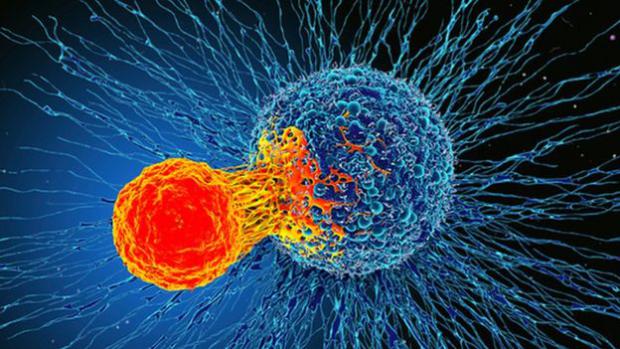
Breaking News
 Closing in on How Charlie Kirk Was Assassinated
Closing in on How Charlie Kirk Was Assassinated
 Here's a little song I just wrote. Dedicated to Al Gore.
Here's a little song I just wrote. Dedicated to Al Gore.
 Judge Blocks Executive Order Tightening Voter-registration Requirements
Judge Blocks Executive Order Tightening Voter-registration Requirements
 ALEX JONES' EXCLUSIVE EPSTEIN DOJ MEGA DOCUMENT DUMP ANALYSIS:
ALEX JONES' EXCLUSIVE EPSTEIN DOJ MEGA DOCUMENT DUMP ANALYSIS:
Top Tech News
 Critical Linux Warning: 800,000 Devices Are EXPOSED
Critical Linux Warning: 800,000 Devices Are EXPOSED
 'Brave New World': IVF Company's Eugenics Tool Lets Couples Pick 'Best' Baby, Di
'Brave New World': IVF Company's Eugenics Tool Lets Couples Pick 'Best' Baby, Di
 The smartphone just fired a warning shot at the camera industry.
The smartphone just fired a warning shot at the camera industry.
 A revolutionary breakthrough in dental science is changing how we fight tooth decay
A revolutionary breakthrough in dental science is changing how we fight tooth decay
 Docan Energy "Panda": 32kWh for $2,530!
Docan Energy "Panda": 32kWh for $2,530!
 Rugged phone with multi-day battery life doubles as a 1080p projector
Rugged phone with multi-day battery life doubles as a 1080p projector
 4 Sisters Invent Electric Tractor with Mom and Dad and it's Selling in 5 Countries
4 Sisters Invent Electric Tractor with Mom and Dad and it's Selling in 5 Countries
 Lab–grown LIFE takes a major step forward – as scientists use AI to create a virus never seen be
Lab–grown LIFE takes a major step forward – as scientists use AI to create a virus never seen be
 New Electric 'Donut Motor' Makes 856 HP but Weighs Just 88 Pounds
New Electric 'Donut Motor' Makes 856 HP but Weighs Just 88 Pounds
 Donut Lab Says It Cracked Solid-State Batteries. Experts Have Questions.
Donut Lab Says It Cracked Solid-State Batteries. Experts Have Questions.
Immune discovery 'may treat all cancer'

A newly-discovered part of our immune system could be harnessed to treat all cancers, say scientists.
The Cardiff University team discovered a method of killing prostate, breast, lung and other cancers in lab tests.
The findings, published in Nature Immunology, have not been tested in patients, but the researchers say they have "enormous potential".
Experts said that although the work was still at an early stage, it was very exciting.
What have they found?
Our immune system is our body's natural defence against infection, but it also attacks cancerous cells.
The scientists were looking for "unconventional" and previously undiscovered ways the immune system naturally attacks tumours.
What they found was a T-cell inside people's blood. This is an immune cell that can scan the body to assess whether there is a threat that needs to be eliminated.
The difference is this one could attack a wide range of cancers.
"There's a chance here to treat every patient," researcher Prof Andrew Sewell told the BBC.
He added: "Previously nobody believed this could be possible.



